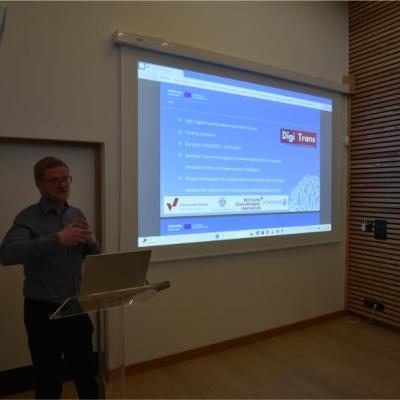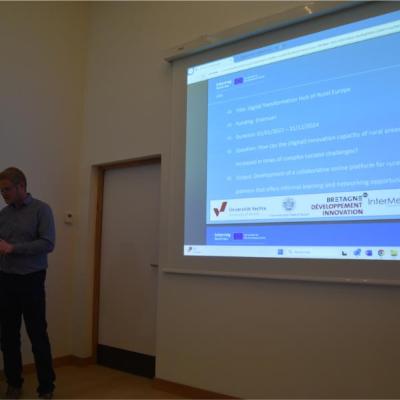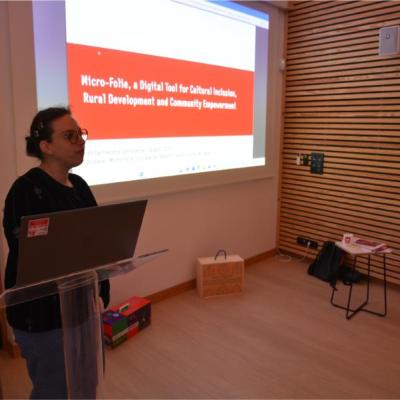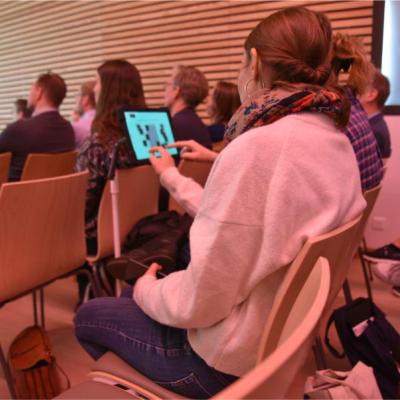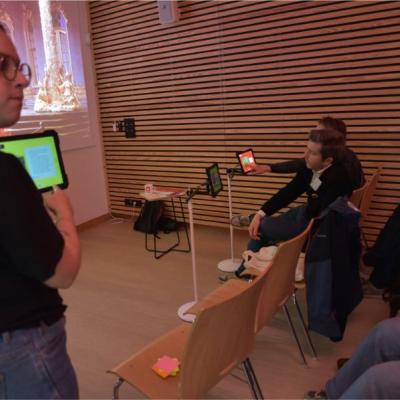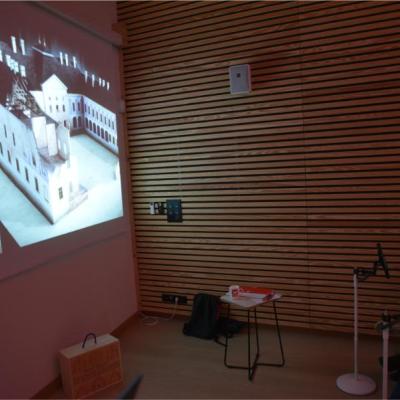Digital Learning Environments
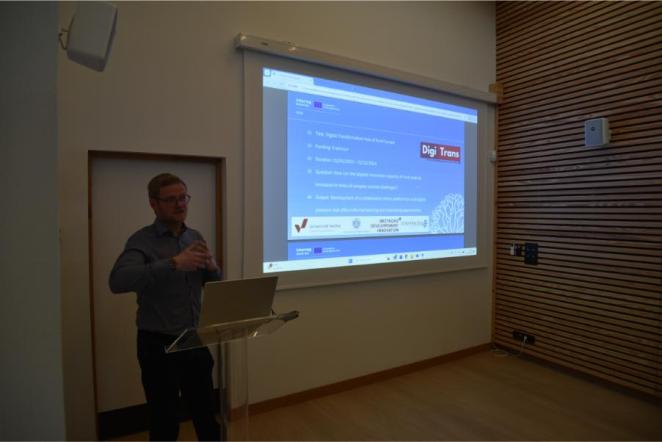
Arne Ortland - Local SIRR project coordinator at TrENDi
DigiTrans Hub: Supporting Digital Pioneers in Rural Europe
Arne Ortland, Local SIRR Project Coordinator at TrENDi, introduced us to the DigiTrans Hub, a previous Erasmus+ initiative focused on empowering rural areas through digital transformation.
The project addresses ongoing rural challenges—such as demographic shifts, social change, and migration—by equipping local change-makers, or rural digital pioneers, with the necessary skills and tools to lead innovation in their communities.
Key features of the DigiTrans Hub include:
- The Learning Corner, offering resources for developing digital, social, and transformative skills
- The Collaborative Corner, a platform for sharing best practices and accessing tools for networking and cooperation
Through these elements, the DigiTrans Hub demonstrates how digital learning environments can support informal learning, foster innovation, and strengthen resilience in rural communities.
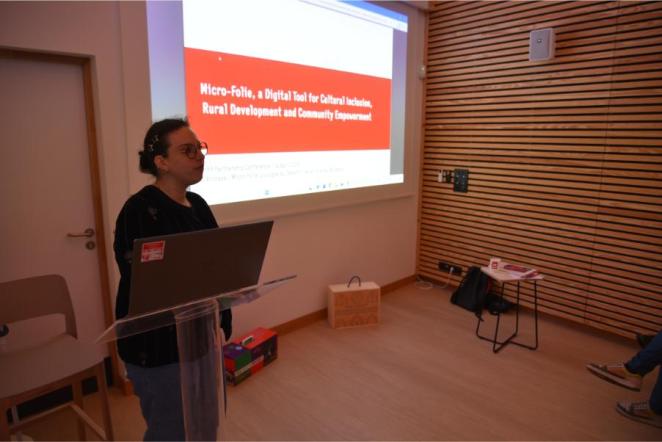
Jade Karquel presenting Micro-Folie
Spotlight on Micro-Folie: Bringing Art to Rural Communities
After coffee and croissants, the Micro-Folie initiative was presented by Jade Karquel as a powerful example of how digital tools can make culture more accessible, especially in rural areas.
Micro-Folie is a flexible, modular platform that brings together a digital museum, VR experiences, and creative workshops, allowing people in smaller towns and villages to explore world-class art, heritage, and innovation—right in their local community.
The presentation highlighted how Micro-Folie:
- Bridges the cultural gap between urban and rural areas
- Encourages local engagement with art and creativity
- Supports education and inclusion through interactive formats
This initiative shows how technology can help democratise access to culture, making it a shared experience for all—no matter where they live.
Arobase hosts Micro-Folie, offering locals interactive art experiences on a grand scale.

